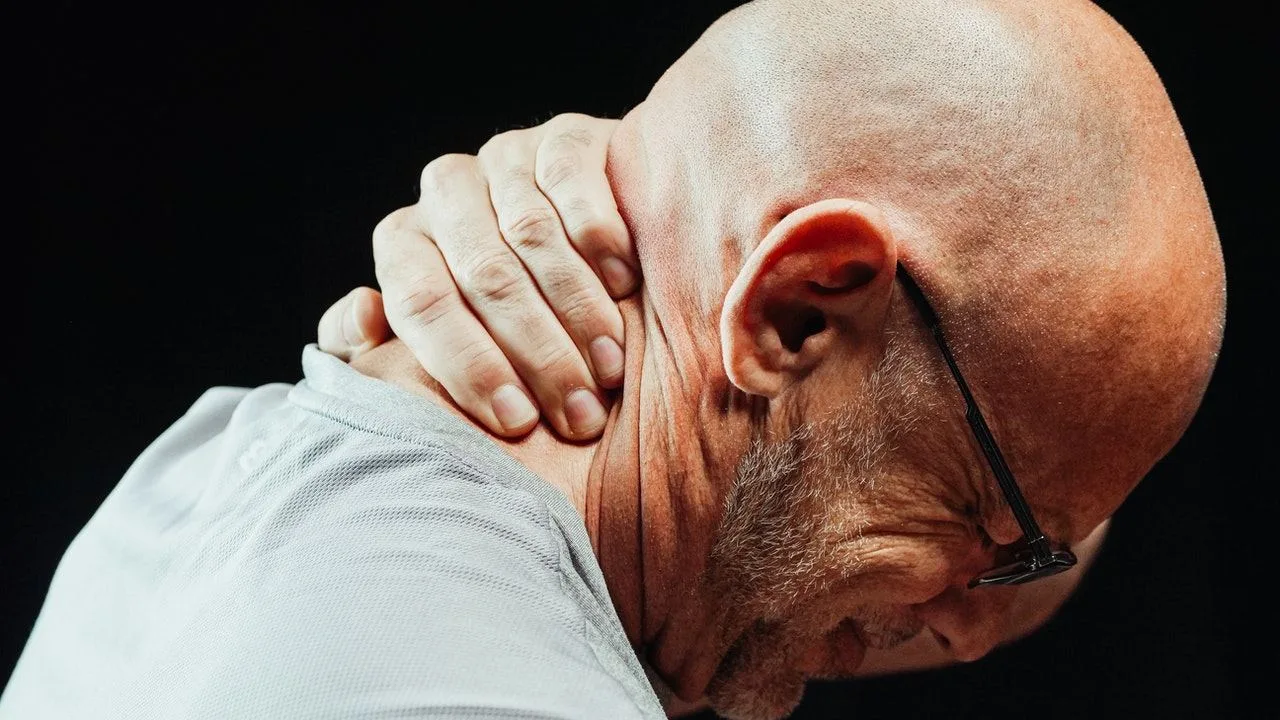Many people are aware of how your state of mind can influence your physical health. The reverse is also true, in that your physical health can also affect your state of mind. Physical stimulation is a prime example of this. The post-workout sense of euphoria and well-being comes from a physical stimulus and causes an increased production of dopamine.
Acute pain can ruin anyone’s mood for a day, but what about prolonged chronic pain? Would this, similarly, translate to a prolonged ruined mood?
What Is Chronic Pain?
Chronic pain refers to any sensation of pain that lingers on for more than 12 weeks, even after treatment. It is a health condition that can impede a patient’s ability to live a normal life. It can interfere with a patient’s work, social life, and even rest. Some examples of this type of pain are frequent headaches, nerve damage, and lower back pain.
The reason why many people with chronic pain lose their ability to work and socialize is that acute pain can return, and in some cases, it intensifies.

Photo by Keenan Constance on Unsplash
The Link Between Depression and Chronic Pain
Chronic pain has been found to cause secondary mental health conditions such as anxiety, guilt, insomnia, and depression.
What makes matters worse is that depression can worsen the sensation of chronic pain, and this heightened sensation of pain can worsen your condition. It’s not unheard of to have psychosomatic symptoms manifest. Many researchers have also proven that those with chronic pain and depression are less likely to recover from their physical conditions than those without depression.
How Does Chronic Pain Cause Depression?
Many studies have found that up to 85% of chronic pain patients also suffer from depressive symptoms, which indicates a correlation between these two conditions.

Photo by Kindel Media from Pexels
The main reason is that many of the neural pathways that are responsible for the brain’s interpretation of pain are also used to interpret anxiety, depression, and grief.
When these pathways are stimulated for prolonged periods, as is the case with chronic pain, the signs of pain become conflated with those that signal anxiety, depression, and grief. The brain loses the ability to differentiate pain from depression, and as an effect, the brain begins to manifest depressive symptoms.
Another reason why chronic pain increases the risk of developing depression is that it also has profound social effects. Those with chronic pain tend to become socially isolated, and they become unable to do the activities that they enjoy. This inability to socialize and perform meaningful work eventually damages mental and emotional health.
Finally, the consistent use of high-grade painkillers can distort rational thinking when they interfere with cognitive processes and pain signal transmission and interpretation.
Depression – Cause or Antecedent?
The truth is that this is only secondary information. It’s similar to asking which came first, between the chicken or the egg. What matters is that treatment for chronic pain and depression will often go hand-in-hand. While this approach will vary from case to case, functional medicine will always be a core approach to treating chronic pain-induced depression.
Want to know more?
Listen, nobody likes Mondays, but a new study has found that COVID may have made people even more anxious about Monday mornings.



![women [longevity live]](https://longevitylive.com/wp-content/uploads/2020/01/photo-of-women-walking-down-the-street-1116984-100x100.jpg)










